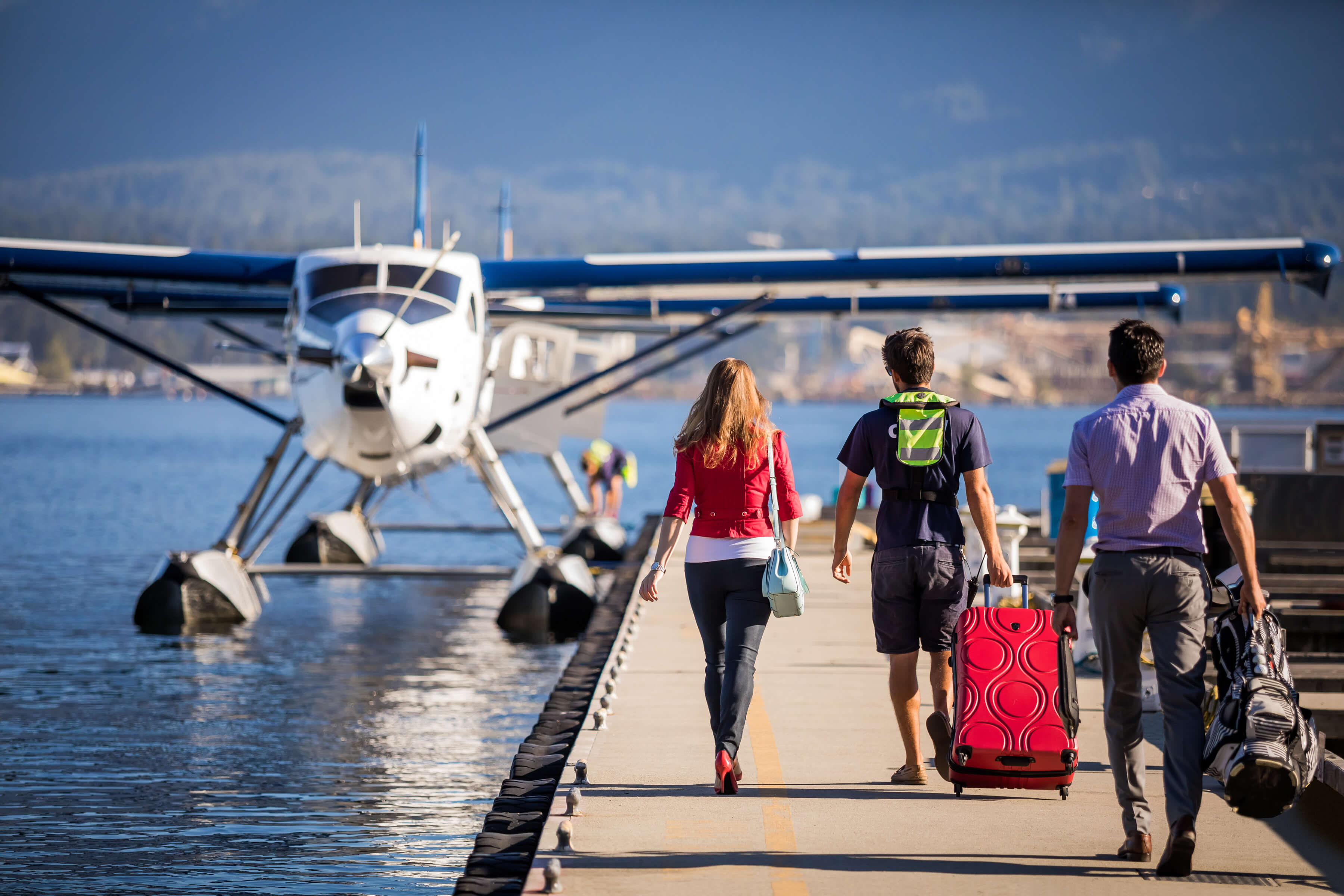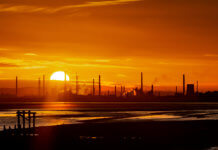Air travel has consistently been singled out as one of the biggest culprits in terms of global carbon emissions, so the notion of an environmentally friendly airline may seem like an oxymoron. Greg McDougall, CEO of Harbour Air, a small Western Canadian airline, is trying to change all that by using electric propulsion and carbon-offsetting programmes – and, considering Harbour Air is North America’s first carbon-neutral airline, he’s had great success so far.
McDougall founded Harbour Air in British Columbia in 1982 with nothing more than two small de Havilland Canada DHC-2 Beaver planes. The initial plan was to service the booming forest industry, but McDougall quickly learned that there was more business in tourism and commuting. Before long, Harbour Air was providing daily flights between Vancouver and the Lower Mainland, Vancouver Island, the Gulf Islands, the Sunshine Coast and Whistler. Today, the airline boasts more than 40 aircrafts and runs more than 30,000 flights annually carrying approximately 500,000 passengers, making it one of the largest all-seaplane airlines in the world.
It was the social consciousness of the predominantly millennial-aged workforce that first steered the airline towards a reduced carbon footprint. Realising there is no alternative to using carbon-based fuel to power aircraft, Harbour Air partnered with Offsetters in 2007 with the aim of reducing its impact on the environment.
Offsetters measures greenhouse gas emissions by examining factors such as fuel records, employee commuting habits, utilities, and printing and paper use. Despite being carbon-neutral for more than a decade, Harbour Air seeks to do more. Currently, Greg and his team are looking at electric propulsion and similar technologies to make air travel more environmentally friendly.
We sat down with Greg McDougall to discuss the competitive advantages of being a carbon-neutral airline, what the aviation industry needs to do to move in a greener direction and current climate issues.
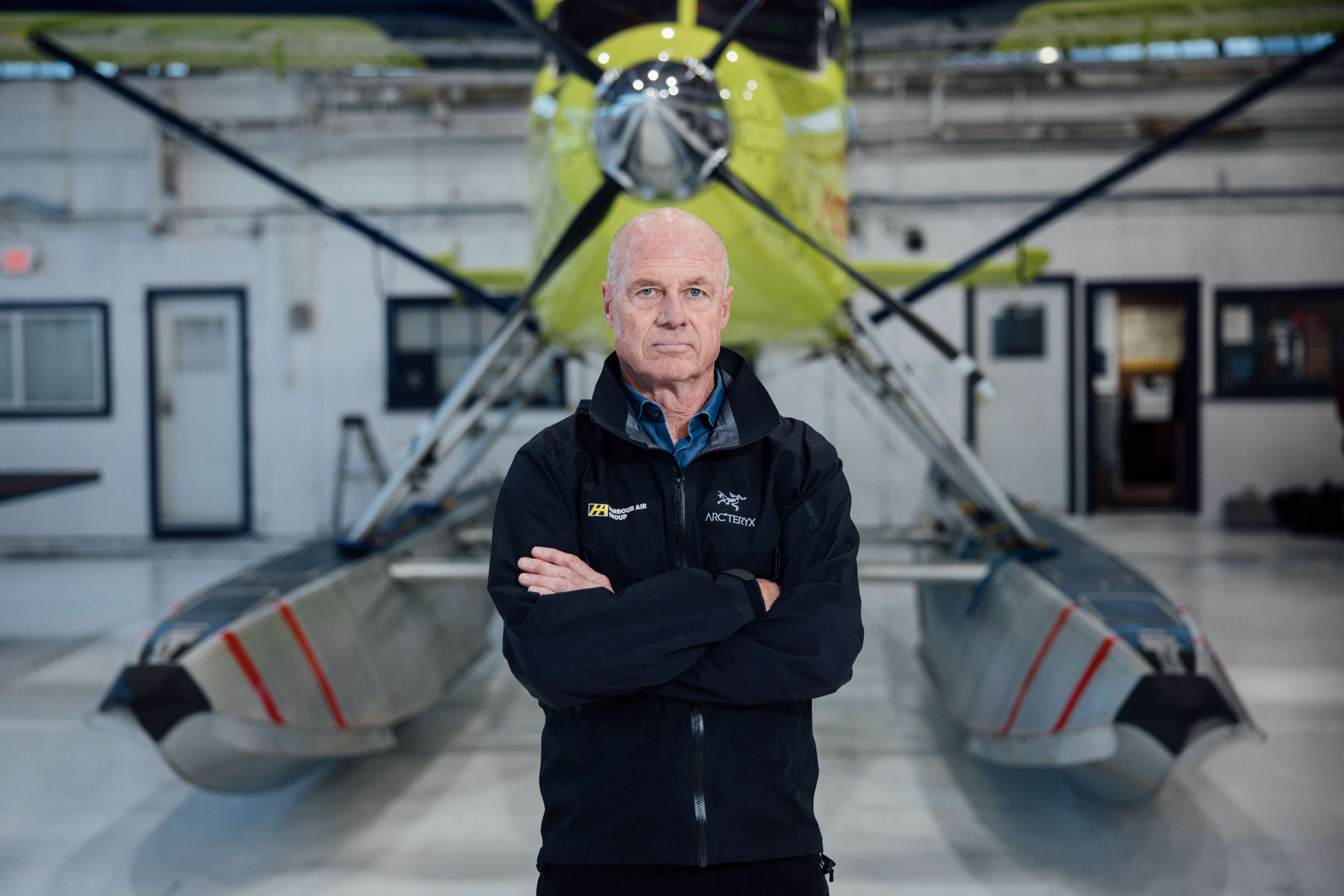
You’ve been a pilot for a long time. When did the issue of aircraft emissions first appear on your radar?
The world has become more aware of carbon’s harmful effects on the environment over the past ten or 15 years; in the aviation industry specifically, it has become markedly noticeable. Harbour Air is in a better position than most airline companies because we have single-engine aircraft travelling short distances, so our carbon footprint is much smaller than that of major airlines that fly heavy aircraft over vast distances.
However, we still felt the need to take some responsibility to be as clean and environmentally responsible as we could be, so, when new technology became available that benefitted the environment, we asked ourselves: “why not use it?”
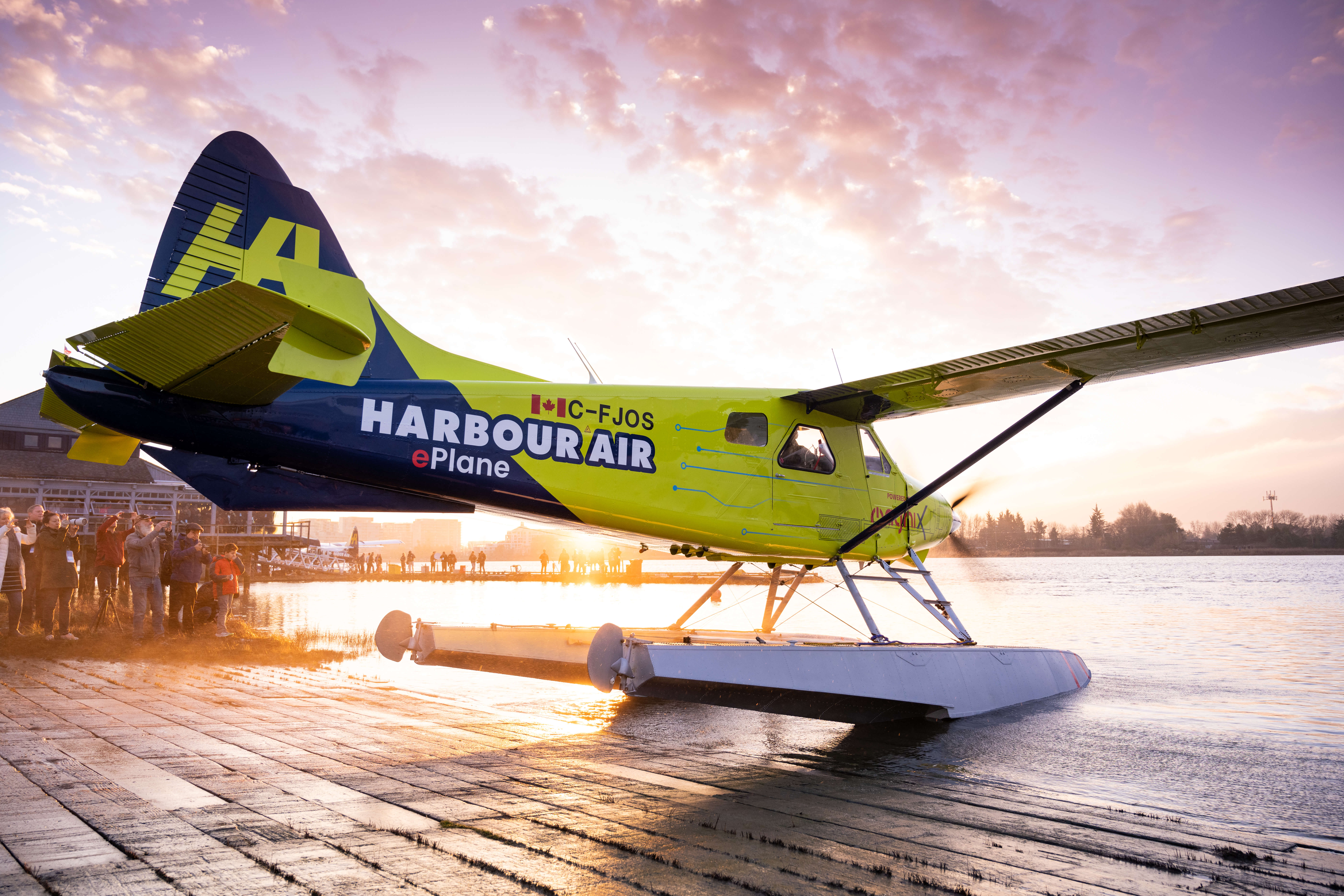
Is this now a genuine competitive advantage that makes people choose Harbour Air as a service provider?
From what I have seen, yes, it is. We can really see the difference that going carbon neutral has made to our business, as an increasing number of environmentally conscious people are choosing to travel with Harbour Air as opposed to taking ferries and taxis like they used to. Moreover, it appeals to people who are trying to decide whether to travel with us or a larger airline with a bigger carbon footprint.
Much of the credit for going carbon neutral goes to our employees – of which around 75 to 80 per cent are millennials – who presented us with the idea. However, it didn’t take long to see that it was commercially beneficial for us.
“It seems as though the movement towards electric technology is unstoppable.”
Does it look like electric technology will catch on within the aviation industry?
It depends heavily on battery evolution and demand for electric technology. Currently, there are many promising technologies being developed, such as hydrogen fuel cells, but there are still some major issues to resolve.
One of the biggest obstacles is the weight of batteries – they’re heavy, which means they can only be used for very short flights due to the issue of weight versus range. However, lithium-battery technology is evolving extremely quickly, with a lot of money being poured into achieving the optimum watt-hours per kilogram – which is considered to be the holy grail in electric technology in the aviation industry.
Most of the programmes that engine manufacturers are currently designing tend to involve a regular combustion engine or a turbo fan engine to get the aircraft airborne, then electric technology for short portions of the flight. However, as electric technology evolves, so too will the aircraft. It seems as though the movement towards electric technology is unstoppable.
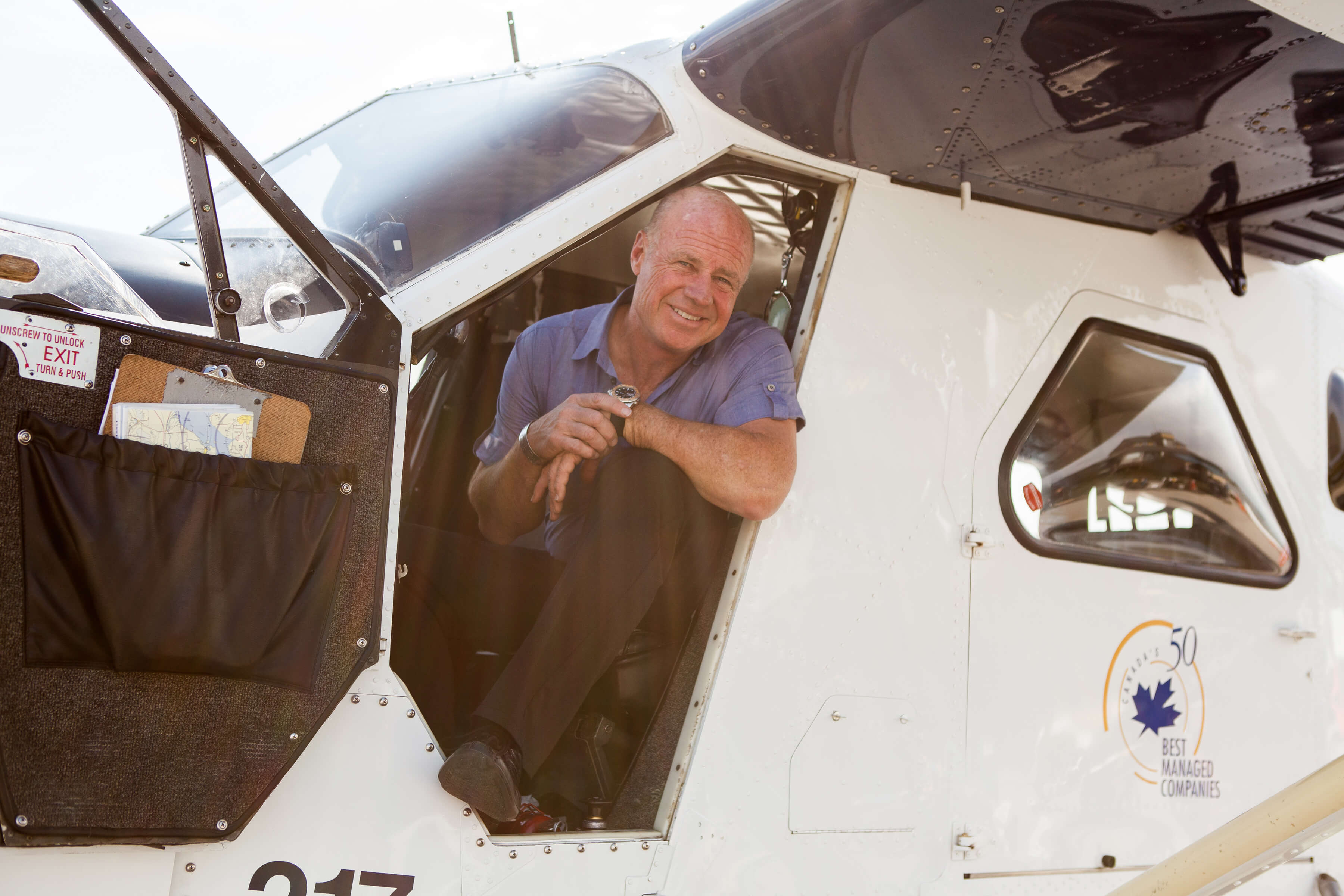
In which area do you believe the aviation industry needs to be moving faster or taking more action with regards to its impact on climate change?
Aviation evolution is a long process, mainly because of the high safety standards associated with it. Therefore, getting a prototype in the air within a year was an amazing achievement for Harbour Air – for a while, we weren’t sure that it was possible.
One area which I think needs addressing in order for the speed of this evolution to increase is the regulatory process. We have tried to be a pioneer, thereby making it easier for people to follow suit and get their electric propulsion or electric aircraft certified.
[ms-protect-content id=”4069,4129″]
“We are surrounded by picturesque, unspoiled scenery, so it’s natural to be conscious of it. Therefore, we didn’t suddenly decide to launch a specific culture – it just evolved on its own.”
What is it about the culture of Harbour Air that fuels this drive towards the goal of environmental protection?
The funny thing about culture is it doesn’t always seem to be conscious. Instead, I think it’s a reflection of the way you feel about things. Therefore, when you surround yourself with like-minded people, amazing things can happen.
British Columbia is breathtakingly beautiful, with untouched wilderness just a three-minute flight away from the city. We are surrounded by picturesque, unspoiled scenery, so it’s natural to be conscious of it. Therefore, we didn’t suddenly decide to launch a specific culture – it just evolved on its own.
What changes are you currently seeing in the world that concern you most?
Forest fires are definitely the biggest concern for us. Two years ago, this was a huge problem in British Columbia after a drought caused the landscape to become bone dry. It was similar to what’s happening in Australia now, which is extremely unusual for Canada. In the 60 years that I’ve been a resident of British Columbia, I’ve never before seen anything like it.
It was a huge wake-up call for Harbour Air – if it were to happen every summer, all of the province’s natural resources, and all the businesses that depend on them, would be under threat.
What are some big goals you would like Harbour Air to achieve in the near future?
Making the transition to electric technology will be a major achievement for us, not just environmentally but also economically. It will allow us to expand our market and have a larger customer base because the cost of flying with us will reduce.
One of our main goals for the future is to have more flights to urban areas. Right now, we are operating as close to urban air mobility as possible, considering the available technology. Many downtown districts that were once industrial are now neighbourhoods, and evolving technology will allow us to service these areas.
[/ms-protect-content]


